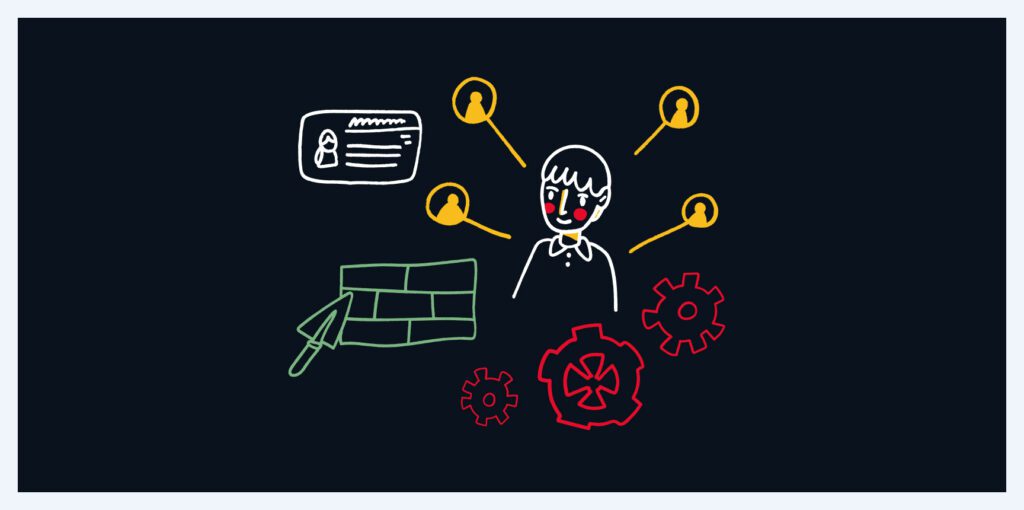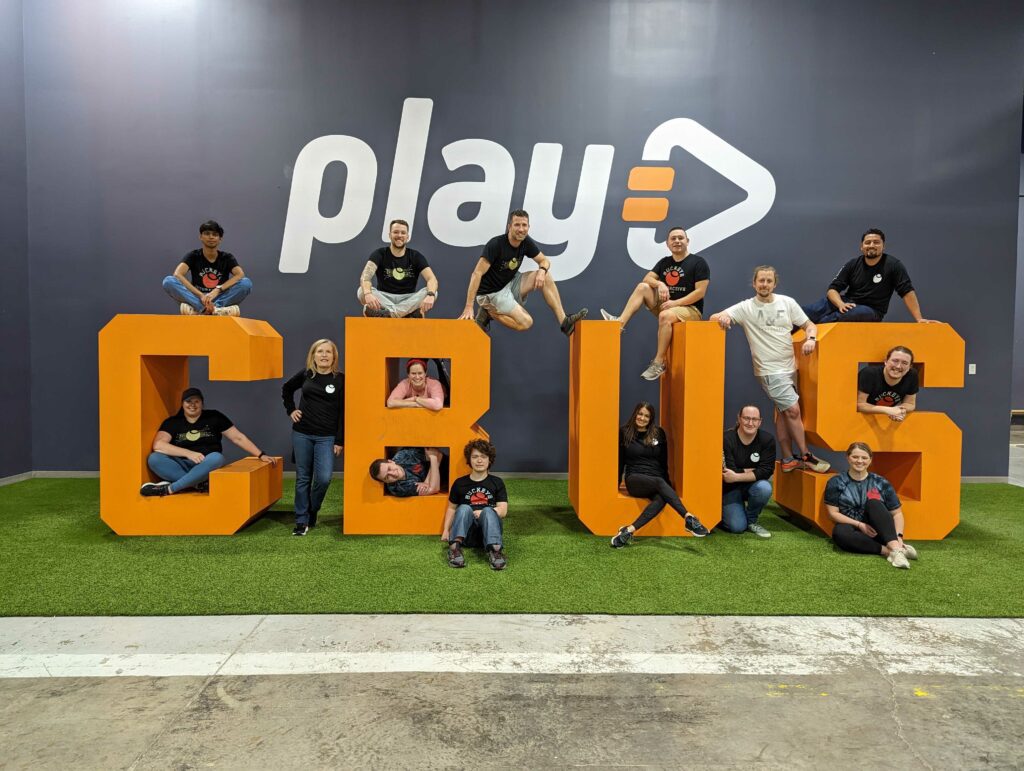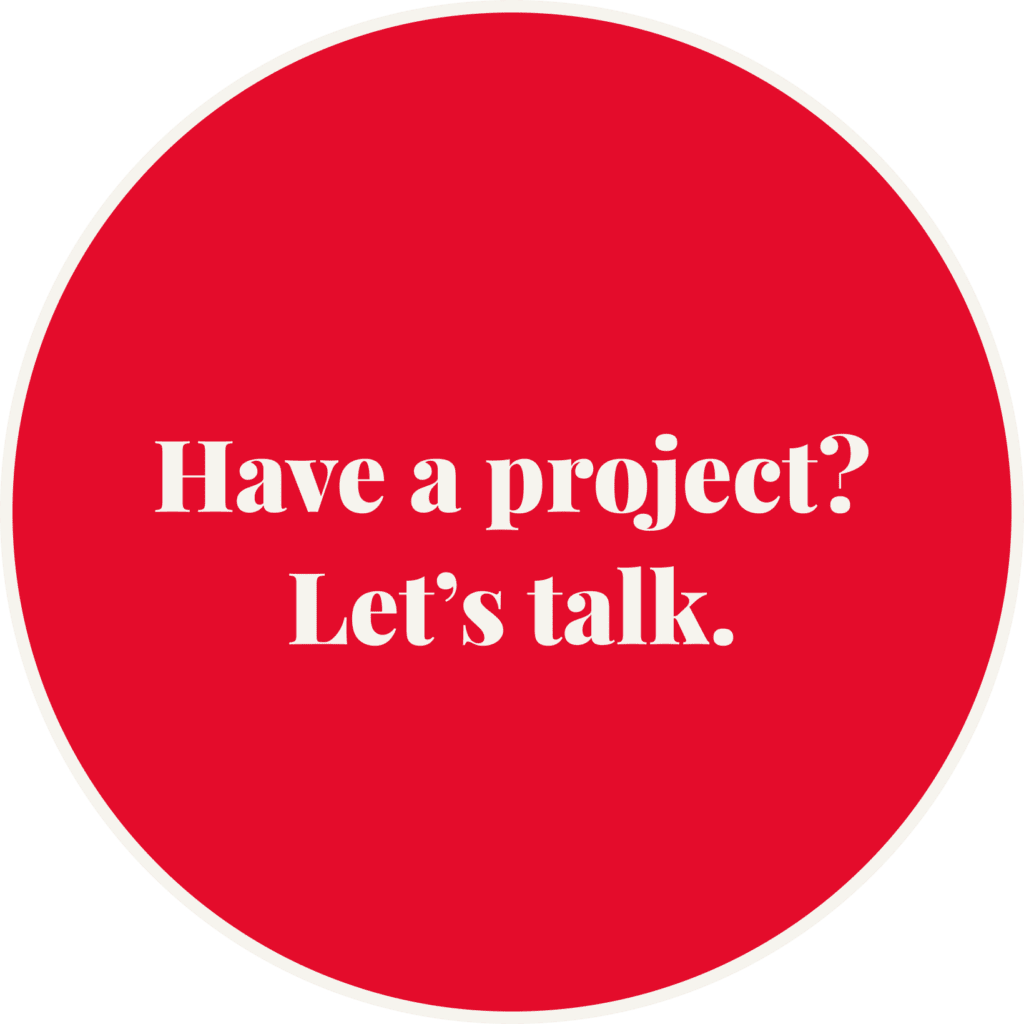When working for a small company or startup, it’s essential to find the right combination of employees to carry out day-to-day business. Sometimes it’s not as easy as it sounds. In a large corporation, the right combination of personality types and talents still matters – but not as much as it does when everyone must work closely together. To make sure you hire the right new team member, you’ll want to ask the correct combination of questions – both of yourself and of applicants.
Questions to ask yourself
If you want to hire the right people for your company, you first need to understand what it takes to succeed at your company. You can do this by asking yourself the following:
- What is it about the people already here that make them successful?
- How much supervision will you give/offer?
- Is training mostly on the job, or structurally incorporated into the position?
- How structured is your development process and the separation of duties/skill sets?
- Do you welcome diversity in skill sets and background, or are you looking to duplicate your current staff?
Questions to ask your job candidate
Once you have determined what makes your current staff successful, you’re ready to develop open-ended questions for your job candidates. Ask about specific experience or examples in the job areas for which you are considering the candidate — web development, customer service, administrative, etc.
1. Explain a few (2-3) of your major accomplishments, career-related or otherwise.
This question will give you an opportunity to discover what drives the candidate, which is a potentially important insight into how they’ll perform in the workplace. What motivates them?
2. Explain your toughest project. What made it so difficult?
Their answer to this question will help you identify how they operate in a stressful situation.
3. What is your learning style? Explain a situation where you learned something new.
You’ll want to take note of whether this person learns better through structured training, or by trial and error as he goes.
4. Explain the components of your dream job, including:
- what would you be doing, actual duties, tasks
- what type of atmosphere (fellow workers, workspace)
- what would your boss be like, and his/her boss.
- anything else that defines the IDEAL working environment for the candidate.
5. Explain the components of a bad job, including everything from the previous question.
6. What do you like about your current/previous job?
This gives the candidate an opportunity to give concrete examples of what he or she enjoys doing during the workday.
7. Why are you leaving your current job?
This is pretty self-explanatory.
8. Give three strengths that we will see in you within the first 90 days of employment. Give specific examples.
Although you should be independently evaluating what you see as the candidate’s strengths and weaknesses, it helps to determine where they think their strongest and weakest points lie.
9. Give three weaknesses — in general, and/or specific to a job you’ve been involved with.
10. Explain the position that is being offered in your own words. What challenges do you see in this position?
When a job candidate explains the position in his own words, you can determine if there are any discrepancies between what you’re looking for and what the candidate thinks he’s getting himself into.
I’ve personally used this template of questions to gather all the details necessary to make hiring decisions. Some of them are also useful when you are a new manager of a group (but that’s a story for another post).






